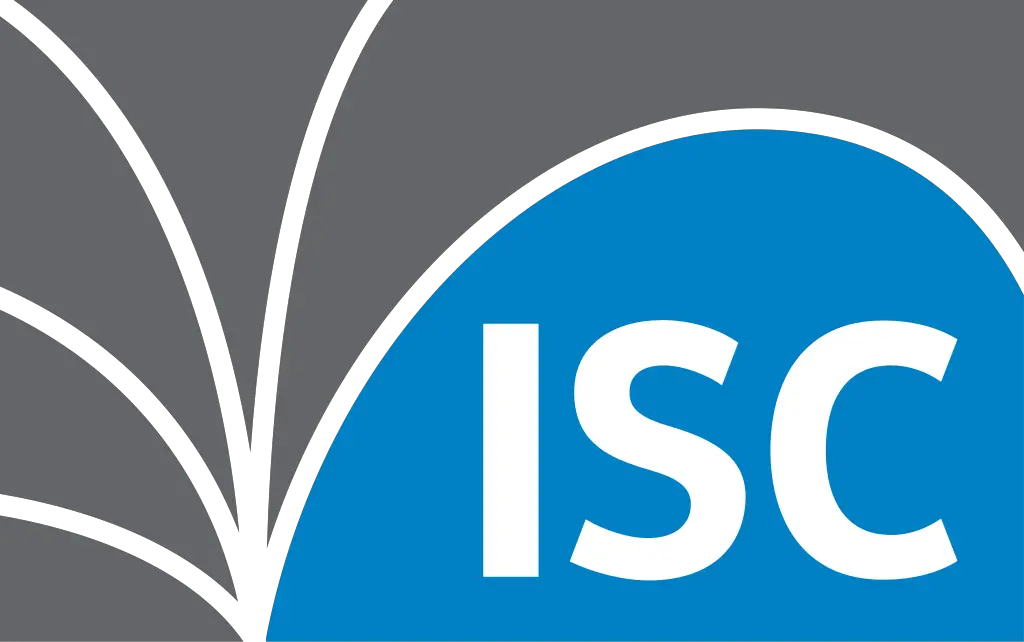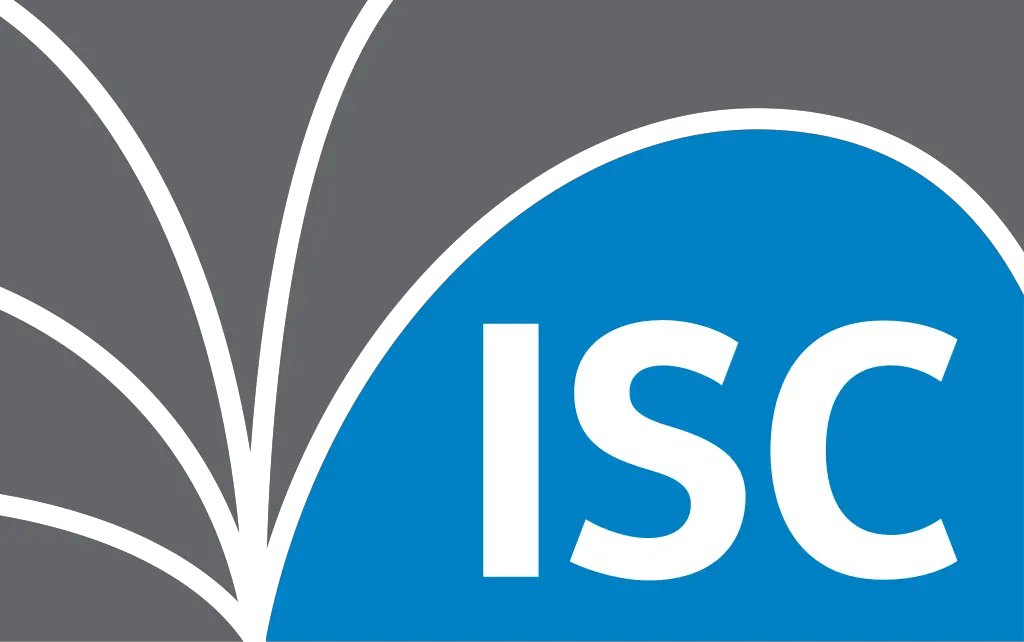![]() Ddos
Ddos
September 11, 2025

The Internet Systems Consortium (ISC) has issued a security advisory addressing a high-severity flaw in Stork UI, a tool for monitoring and managing ISC DHCP and BIND installations. The vulnerability, tracked as CVE-2025-8696, carries a CVSS score of 7.5 and allows unauthenticated attackers to cause denial-of-service (DoS) conditions on vulnerable systems.
According to ISC, “If an unauthenticated user sends a large amount of data to the Stork UI, it may cause memory and disk use problems for the system running the Stork server.” The issue arises because the application does not properly handle excessive input, leading to resource exhaustion.
The advisory notes: “A sufficiently large input will cause Stork to allocate more memory than is available, leading to the failure of the stork-server process and/or other processes.” Even repeated smaller inputs could still impact operations by filling log storage or forcing premature log rotation.
The vulnerability affects Stork versions 1.0.0 through 2.3.0. This broad version range means many deployments may be at risk unless administrators apply the latest patches.
For environments where immediate patching is not possible, ISC recommends placing the Stork server behind a firewall or proxy. The advisory explains that “placing the Stork server behind a firewall or proxy that only allows access from trusted clients, and/or enforces input size limits, is an effective workaround.”
Patches have already been released, and ISC advises users to upgrade to the fixed versions corresponding to their deployment:
- 2.2.1
- 2.3.1
Related Posts:
- CVE-2024-28872 Vulnerability in Stork Monitoring Tool Could Enable Server Takeover
- BIND Security Updates: Patch Your DNS Servers Now
- ISC releases the BIND security update to address the high-risk vulnerability
- The September Pixel Drop Is Here, and It’s a Huge One
- dpkg-deb Flaw Opens Path to Disk Exhaustion Denial-of-Service on Debian Systems



